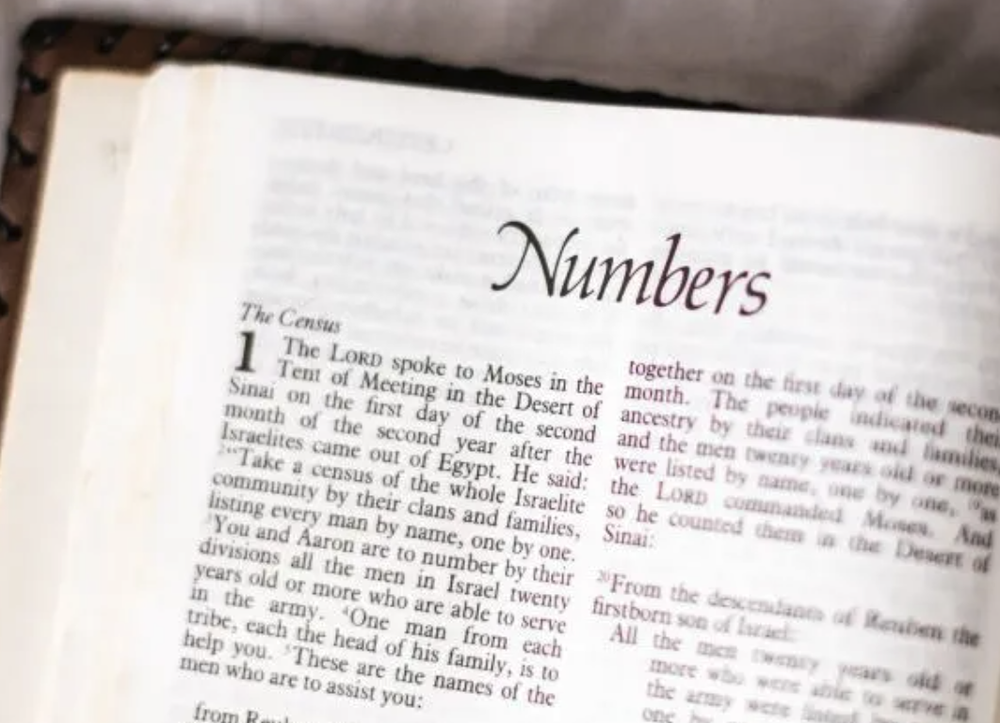QUESTION:
How many members do major U.S. religious groups have?
THE RELIGION GUY’S ANSWER:
Well, that’s impossible to say with any accuracy since there’s no one agreed-upon statistical source and some groups do not collect or issue good numbers.
We do know two things for sure about the U.S. (1) It remains predominantly Christian despite a recent decline, and (2) There’s been notable growth in non-Christian religions through immigration and conversion.
Recently, some noteworthy new numbers about U.S. Christianity became available. We’ll review those below, but let’s begin with complexities regarding the major non-Christian faith groups.
Judaism is traditionally second in population size to Christianity. The American Jewish Population Project at Brandeis University reports there are 7,631,000 American Jews, children included, among which 4,873,000 are adults and “Jewish by religion” as opposed to a secular ethnic identity. That’s similar to the 7,387,992 ethnic total reported by the American-Israeli Cooperative Enterprise.
A major report by the Pew Research Center, a go-to-source for surveys on American religion, said that as of 2020 there were “approximately” 5.8 million Jewish adults, of whom 4.2 million were “Jews by religion.” Then we can consult these two standard sources:
* The 3rd edition of the “World Christian Encyclopedia” (Edinburgh University Press), compiled by a study center at Gordon-Conwell Theological Seminary, contains extensive information on all religions in all nations, not just Christianity and not just the United States. It counts 5.6 million Jews of all categories.
* The U.S. Religion Census, compiled once each decade by the Association of Statisticians of American Religious Bodies, yielded 2020 data on 372 religious bodies posted here. With Jews, the Census primarily used groups’ own reports given to the Synagogue Studies Institute.


